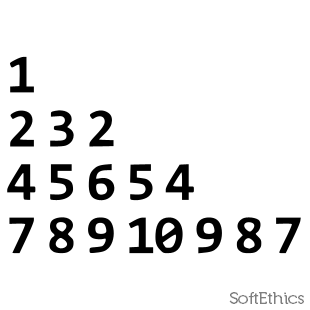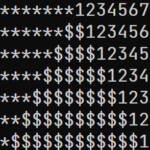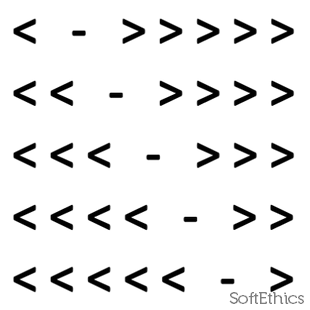#include <stdio.h>
int main()
{
int n = 4;
int z = 0;
int i,j;
for(i = 1; i <= n; i++)
{
for (j = 1; j < i * 2; j++)
{
if (j <= i)
printf("%2d ", j + z);
else
printf("%2d ", i * 2 - j + z);
}
z = z + i;
printf("\n");
}
return 0;
}
#include <iostream.h>
int main()
{
int n = 4;
int z = 0;
for(int i = 1; i <= n; i++)
{
for(int j = 1; j < i * 2; j++)
{
if (j <= i)
cout<<(j + z)<<" ";
else
cout<<(i * 2 - j + z)<<" ";
}
z = z + i;
cout<<endl;
}
return 0;
}
class PatternProg
{
public static void main(String args[])
{
int n = 4;
int z = 0;
for (int i = 1; i <= n; i++)
{
for (int j = 1; j < i * 2; j++)
{
if (j <= i)
{
System.out.print((j + z)+" ");
}
else
{
System.out.print((i * 2 - j + z)+" ");
}
}
z = z + i;
System.out.println();
}
}
}
using System;
class PatternProg
{
public static void Main()
{
int n = 4;
int z = 0;
for (int i = 1; i <= n; i++)
{
for (int j = 1; j < i * 2; j++)
{
if (j <= i)
{
Console.Write((j + z) + " ");
}
else
{
Console.Write((i * 2 - j + z) + " ");
}
}
z = z + i;
Console.WriteLine();
}
Console.ReadKey(true);
}
}
n = 4
z = 0
for x in range(1, n + 1):
for y in range(1, x * 2):
if y <= x:
print(str(y + z) + " ", end="")
else:
print(str(x * 2 - y + z) + " ", end="")
z = z + x
print()





